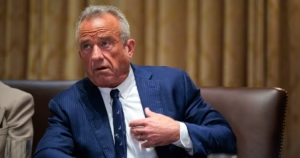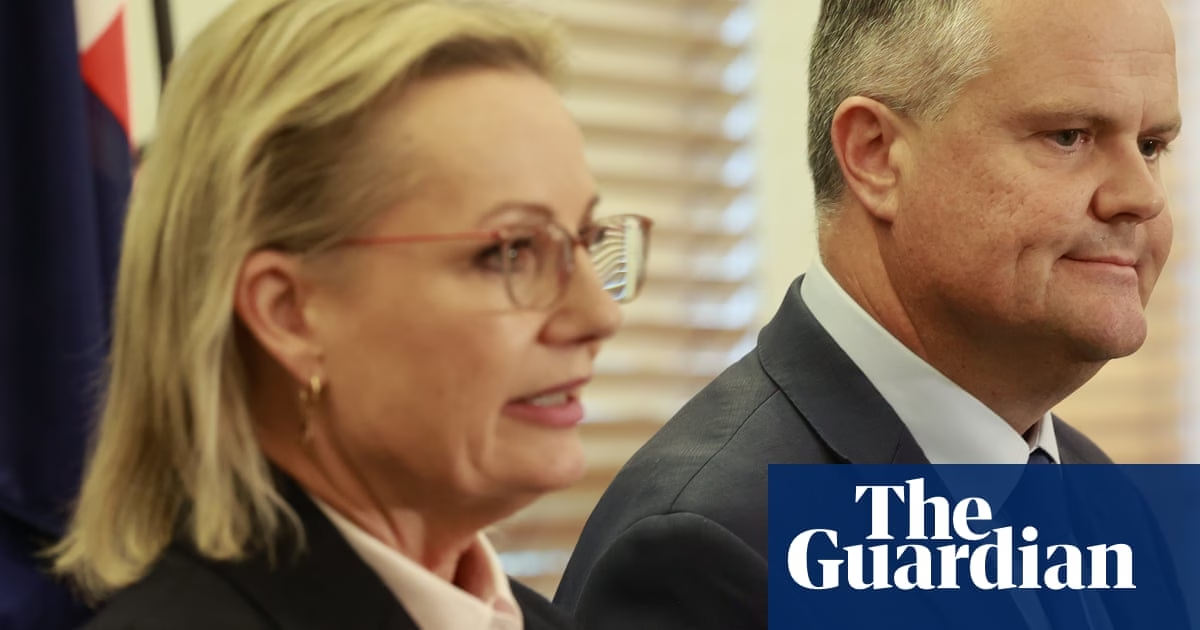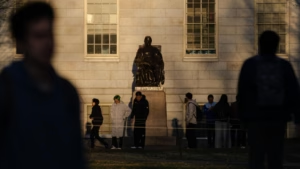A faction of Liberal MPs are expressing anger over the composition of the new shadow ministry, cautioning that the perceived favoritism towards supporters and the exclusion of factional adversaries could lead to long-standing unrest, akin to the Treaty of Versailles.
One Liberal MP warned that these appointments will create enemies, presenting an early challenge for new leader Sussan Ley as she endeavors to rebuild the party.
Following a deal with the Nationals to reunite the Coalition, Ley faces backlash after sidelining senior figures in favor of newer MPs in a significant overhaul of the Peter Dutton-era frontbench.
Liberal sources noted that the frontbench composition blends moderates, individuals closely allied with Ley, and the standard-bearers for the party’s right-wing, who maintain key roles to ensure factional equilibrium.
Key individuals like Angus Taylor, James Paterson, Andrew Hastie, and Michaelia Cash fall within this category. Notably, Jane Hume’s demotion is the most prominent from the moderate faction, but conservatives faced the biggest losses.
Sarah Henderson was moved to the backbench, and Jacinta Nampijinpa Price was demoted to the outer shadow ministry. Claire Chandler will also sit on the backbench after being ousted from shadow cabinet. Price lamented on Sky News that some appointments were not based on merit.
Younger conservative MPs, including Henry Pike, Cameron Caldwell, and Garth Hamilton, missed out on promotions, with Ley favoring moderates for junior portfolios.
Veteran right-winger Tony Pasin, a key player in Taylor’s leadership tilt, was also demoted as expected.
Tim Wilson, Andrew Bragg, and Angie Bell were among the significant winners after their promotions to the shadow cabinet.
The reaction to the shadow ministry poses an immediate challenge for Ley as she attempts to recover from the May 3 election debacle.
One conservative MP likened the shadow ministry to the Treaty of Versailles rather than the Marshall Plan, suggesting the appointments would cause ongoing dissension.
The Marshall Plan and the Treaty of Versailles are compared to illustrate the potential long-term impact of the appointments, with the former helping Europe recover post-WWII and the latter imposing harsh conditions on Germany after WWI, contributing to WWII.
Source: https://www.theguardian.com/australia-news/2025/may/29/liberal-mps-coalition-shadow-ministry






